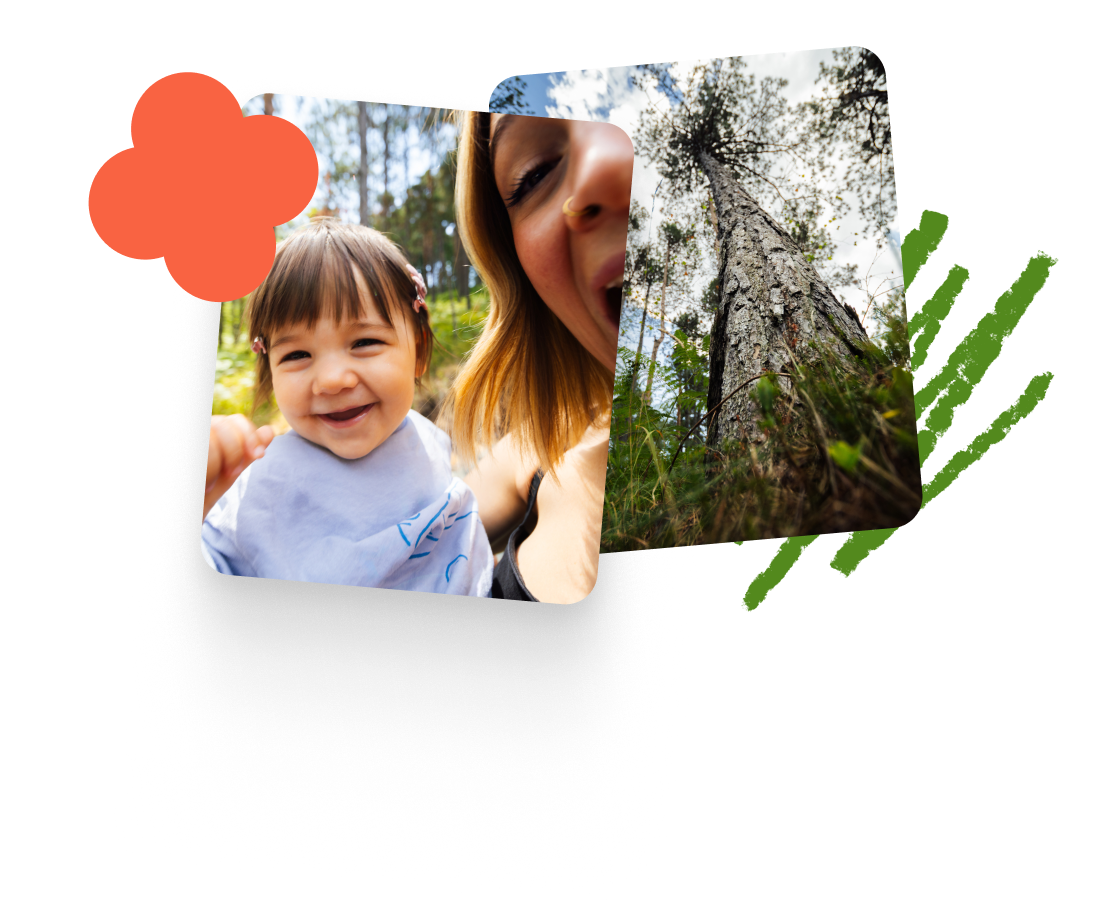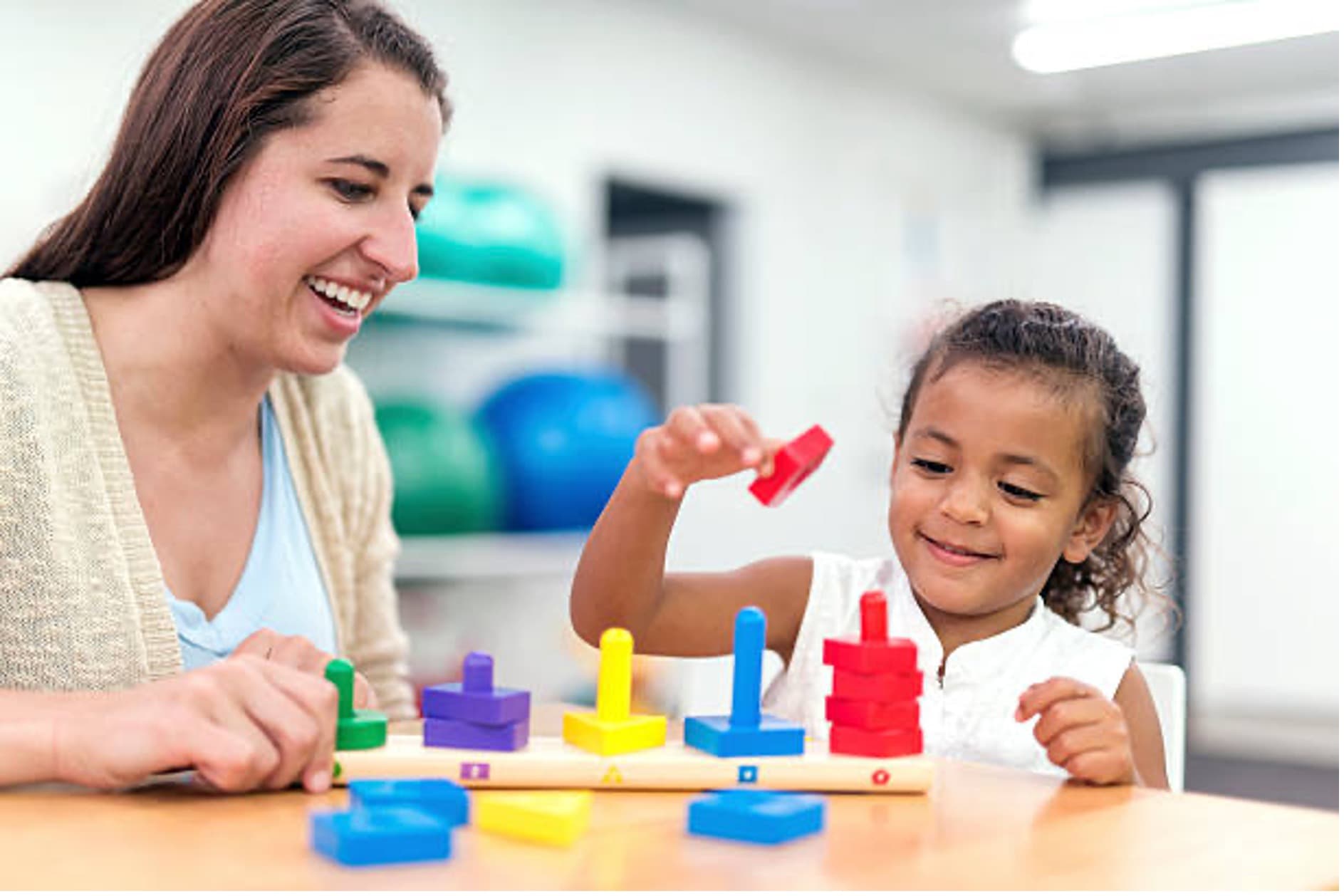
is now part of
Joy Parenting Club!
Families and care organisations using Heba will now have the option to also join Joy. For any questions, reach out to us at hello@heba.care

Families and care organisations using Heba will now have the option to also join Joy. For any questions, reach out to us at hello@heba.care

January 2, 2025
Life can be overwhelming as a parent carer, right? There is so much to juggle with hospital appointments, medications, adaptions to be made on top of life itself. Allied health professionals are here to help your child.
So what is an Allied Health Professional (or AHP for short)? Even if you don’t know what one is, I bet that you have already met some along your journey as a carer. An AHP is a physio or an occupational therapist, orthotist, or to put it another way, it is someone other than a doctor or a nurse who assists with the medical care of your loved one.
These different professions all help out with the different needs of one you care for. Let’s take a closer look at who may help with your child’s care and the different needs they help provide. Let me walk you through a few of these services in order to give you a wider understanding.
Physiotherapy
I have to start with physiotherapy as I am a physio student myself. Physiotherapists are here to help maintain functional movement and independence as much as possible. A session with a physio may include re-educating movements of the body like reaching and grasping objects or retraining walking patterns. Physiotherapists may also spend time strengthening weak muscles or stretching tight ones. Further activities may include playing fun games to improve coordination or balance. It all depends on the needs of your child. One thing that physios love to do is teach you guys techniques and exercises that enable you to help your child. After all, you get to see them a lot more than us. So my top tip would be don’t be scared to ask us questions, we are more than happy to help.
Occupational Therapists
These guys are all about helping your child with everyday activities such as washing, dressing and transfers. As you are well aware these activities present their own challenges in patients with neurological conditions. Coordination issues or tight muscles can often present their own challenges. Occupational Therapists use an array of tools to help overcome some of these problems, making your life a bit easier. They can offer equipment to suit your child’s needs such as electric beds, hoists and more.
Speech and Language Team
If your child has issues with eating, drinking or communicating these guys will step in and help. If swallowing is tricky then these therapists can assess swallowing and how safe this activity is. They can give special drinks that are thicker in order to prevent choking and therefore risk of chest infection. This friendly bunch will also assess speech and using many techniques help aid verbal communication.
Orthotists and Prosthetists
Some neurological conditions can cause spasticity. All this means is tight muscles which if left can leave the joints of the body out of neutral alignment. Orthotists and prosthetists will use splints and orthosis to keep joints in alignment and prevent shortening of muscles. Common ones called AFO’s go around the ankles to maintain joints in order to keep your child walking.
Art Therapists
Art therapist help those with physical, mental or emotional health problems through art and crafts. These sessions allow the individual to explore their emotions and feeling and express them through the medium of art. In one sense this can be their voice in a safe environment. These sessions can help build confidence and self-esteem as well as bringing so much joy.
There are more AHP’s that haven’t been mentioned, but these are a few of the more common ones that you may see. So, whatever support you need we are here for you and your child, cheering them on.
Paul Hodder is a guest author, studying physiotherapy at Keele University.